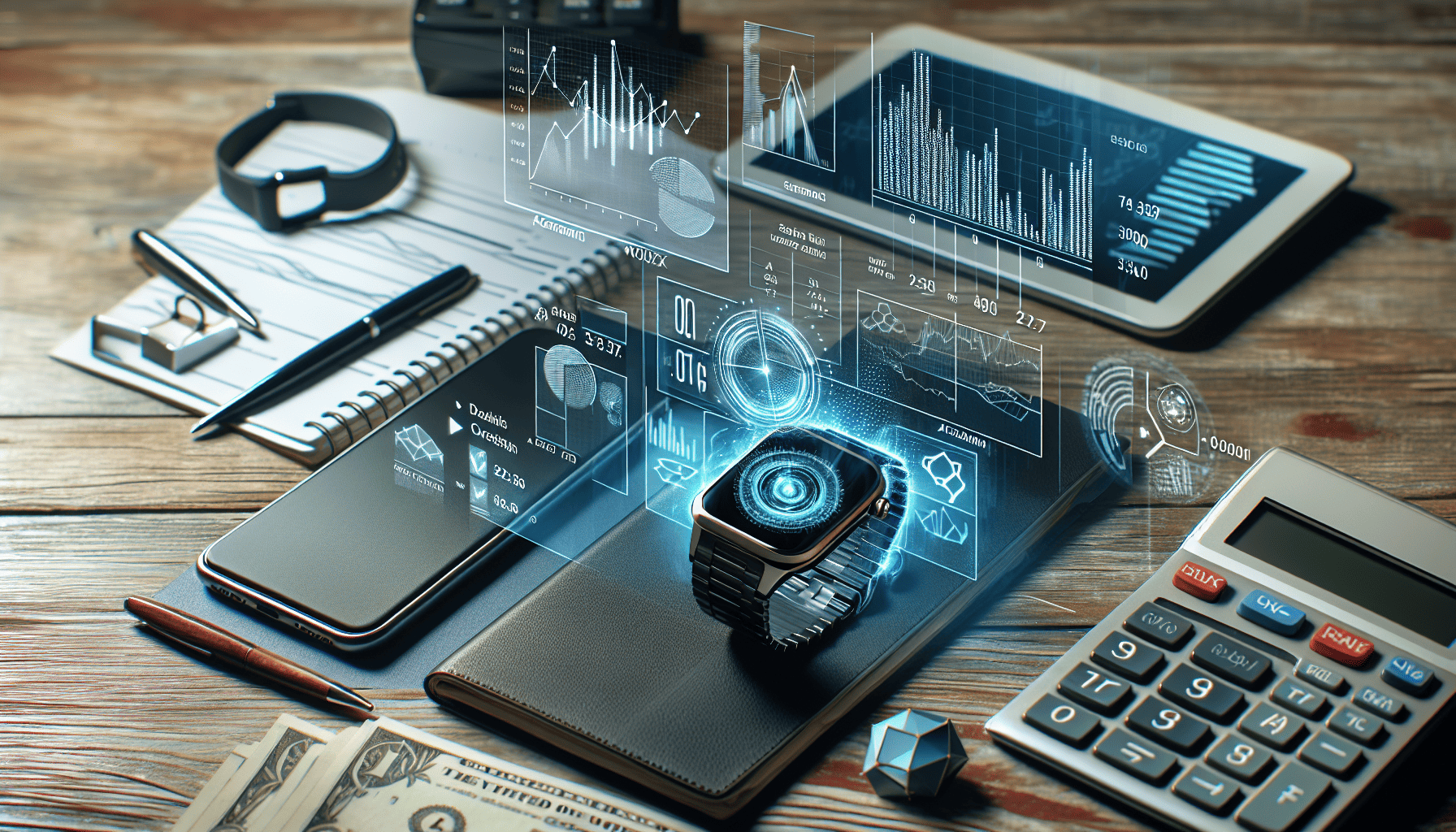The accounting industry, long viewed as a bastion of traditional practices, is undergoing a digital transformation driven by emerging technologies. These innovations are not only enhancing efficiency but also redefining the roles and capabilities within the profession. Accountants and financial professionals must stay informed about the latest tools and technologies to remain competitive and effective in this ever-evolving landscape.
One of the most impactful technologies currently reshaping accounting is artificial intelligence (AI). AI algorithms can rapidly process and analyze vast amounts of data, identifying patterns and anomalies that might go unnoticed through manual review. By automating routine tasks such as data entry and reconciliation, AI frees up accountants to focus on more strategic activities like forecasting and decision-making. Furthermore, AI-powered chatbots are being used to streamline customer service, handling routine inquiries and allowing human agents to manage more complex issues.
Blockchain technology is another game-changer for the accounting industry. Known for its role in underpinning cryptocurrencies, blockchain offers a secure and transparent way to record transactions. Its decentralized nature ensures that financial records are tamper-proof and easily verifiable, significantly reducing the risk of fraud. Additionally, blockchain can simplify and expedite the audit process, as auditors can access immutable records, thereby enhancing trust and accuracy in financial reporting.
Cloud computing continues to revolutionize how accounting services are delivered. By migrating to the cloud, firms can gain real-time access to financial data from anywhere, facilitating more agile decision-making. Cloud-based platforms offer scalability, allowing businesses to expand their operations without investing heavily in physical infrastructure. Moreover, they provide a collaborative environment where clients and accountants can seamlessly share and review documents, fostering improved transparency and communication.
Robotic Process Automation (RPA) is streamlining labor-intensive accounting tasks with precision and speed. RPA uses software robots to perform repetitive duties such as data extraction, invoice processing, and report generation. This not only boosts productivity but also minimizes human errors, enhancing the overall quality of financial operations. As RPA becomes more sophisticated, it is increasingly being integrated with AI to handle complex processes, further augmenting its utility.
Big data analytics is empowering accountants to derive valuable insights from extensive datasets. Through advanced analytical tools, firms can identify trends, predict future financial outcomes, and make data-driven decisions. Big data allows accountants to move beyond traditional forecasting methods and leverage predictive analytics for strategic planning. This shift from hindsight to foresight enhances the ability to guide clients and businesses towards long-term success.
Finally, machine learning is revolutionizing how accountants approach risk management. By analyzing historical data, machine learning models can predict potential risks and flag unusual transactions for further investigation. This proactive approach helps mitigate financial risks and enhances compliance with regulatory requirements. Additionally, machine learning is being used to enhance customer segmentation, offering personalized financial advice and improving client satisfaction.
In conclusion, the accounting industry stands on the brink of a technological revolution. From AI and blockchain to cloud computing and machine learning, these emerging technologies are poised to reshape how accounting is practiced. By adopting these innovations, firms can enhance efficiency, reduce errors, and provide more strategic value to their clients. As the industry continues to evolve, staying ahead of the curve will be crucial for accounting professionals looking to thrive in the digital age.
